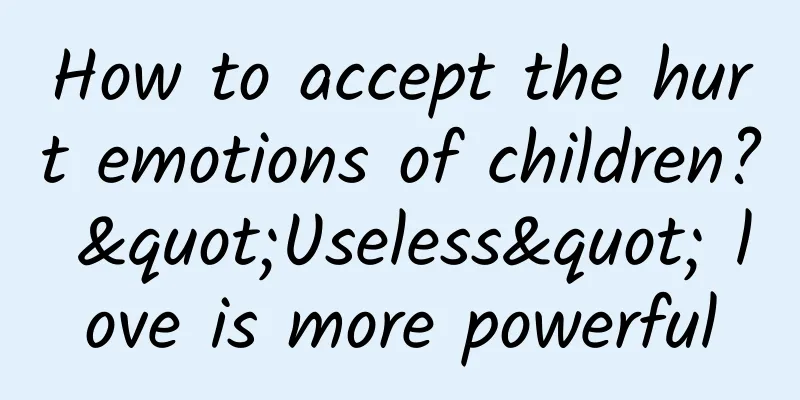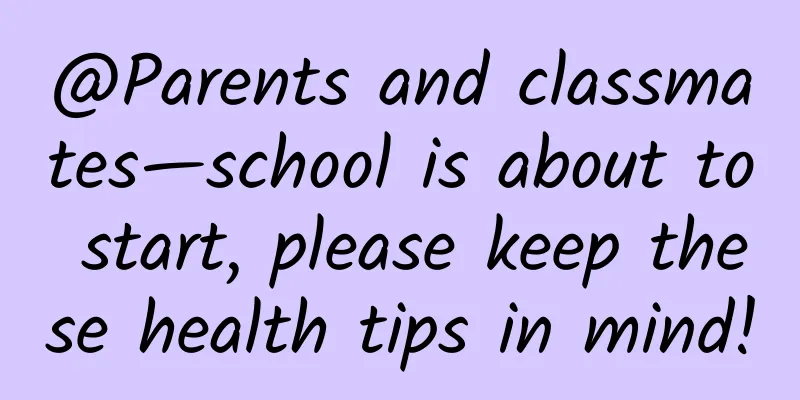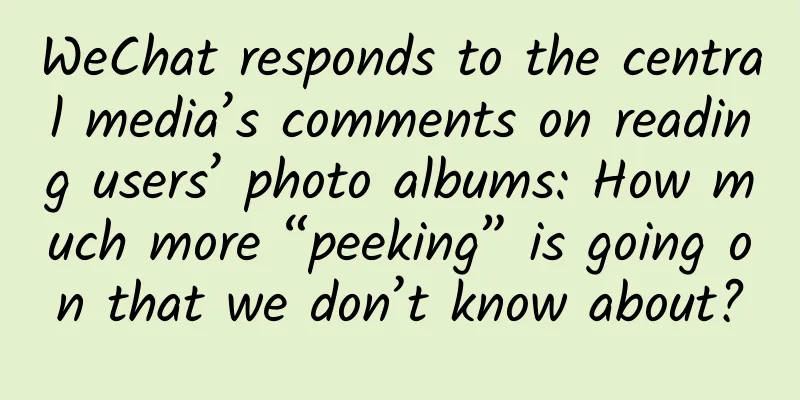How to accept the hurt emotions of children? "Useless" love is more powerful

|
As children grow up, they will always encounter various problems. They will inevitably be hurt by these problems. Sometimes it is physical, sometimes psychological, and sometimes both. Faced with these injuries, some parents, out of love for their children, will instinctively think about how to avoid these problems. This kind of thinking belongs to "problem-solving orientation" thinking in psychology. However, this strategy directly pointing to problem solving does not necessarily work. The side effect is that children often find it difficult to feel the care and love of their parents, and instead have the misunderstanding of being blamed. 0 1 To give a common example, a child is running down the stairs in slippers. He has fallen down the stairs several times before. Just as the parents imagined, the child fell down the stairs again and bruised his legs again. Seeing this, almost all parents will feel extremely distressed, and the natural thought that arises in their hearts is to find a solution to try to prevent such incidents from happening again, so they angrily blurt out "Next time, don't run downstairs in slippers. Look at what you have done to yourself." More excited parents will even say in a rage: "How many times have I told you not to run downstairs in slippers? Do you want to knock out your teeth before you learn your lesson?" Is this love? From a parent's perspective, yes However, the problem arises Can children feel this kind of love? Unfortunately, most children cannot feel the love of their parents from this kind of expression, but instead feel blamed. Some children may remain silent, endure the pain, and silently wait for the parents' emotional storm to subside; some children may cry loudly, feeling extremely wronged; and some children may sit still and say coolly: "It doesn't hurt at all." Is it really not painful? In fact, the child just holds a key and uses this sentence to block the parents' subsequent nagging. This may be a microcosm of countless moments of parent-child communication in many families. This scene is very awkward. The parents love their children dearly, but the children feel misunderstood and ignored . The transmission of "love" between parents and children is blocked. Parents angrily label their children as "disobedient", "disobedient" or even "rebellious"; while the injured children think that the parents do not care about their feelings and only blame them. A very similar situation is that a child who is facing school bullying, after returning home, musters up the courage to stammer and tell his parents about his experience of being bullied at school. However, the parents do not have the patience to listen to the child, and they get angry and scold the child for being "useless and unpromising". They pick up a broom and beat the child, scolding him as they beat him, and telling him "Don't come back next time if you lose the fight". The commonality between these two situations is that parents completely ignore their children’s feelings and are too eager to help them solve the “problems that cause harm.” However, the way parents deal with it often causes both mental and physical harm to their children, making them feel that their parents are “rubbing salt into their wounds.” 0 2 Children are good at learning, so when a child who grows up in such a family atmosphere gets hurt next time, his subconscious reaction is not to let his parents see it. He will carefully hide the wound in front of his parents to avoid being scolded by his parents. They think their parents are "unable to handle" their pain, and they develop a communication pattern of only reporting good news and not bad news when communicating with their parents. They think their parents are unreliable and they are lonely inside. Some parents may feel very aggrieved. Why do they want to help their children but get the opposite result? In fact, children hope that their parents can understand their emotions and feelings first. When a child is injured, parents should temporarily put aside the thinking of solving the problem and care about the child's feelings first, while ensuring safety. When a child falls down the stairs, parents can first check the child's injuries and express empathy: "Oh, you must be hurt. My heart aches just seeing you fall." On the surface, this approach seems "useless" to solve the problem, but this "useless" behavior can make children feel real love. This coping style is called "emotional resolution orientation" in psychology. It sounds easy, but it is actually difficult to do. Because this implies that parents accept their children’s “problems” and “frustrations”, acknowledging that we are not omnipotent parents and cannot help our children “solve” or “avoid” all problems - sometimes we have to watch our children suffer. 0 3 In fact, children are usually more tolerant of problems than parents think. Only when children's emotions are accepted can they let down their guard and think about how to avoid or solve problems with a more open attitude and more positive energy. At this time, they are also more willing to reflect on their own situation and accept their parents' suggestions. Author: Wang Kui, Associate Researcher, Institute of Psychology, Chinese Academy of Sciences, Second Class Psychological Counselor Editor: Dong Xiaoxian |
<<: Yellow high temperature warning! Six tips for avoiding the heat →
>>: From the streets to the Olympics, skateboarding should be seen!
Recommend
China Automobile Dealers Association: Automobile consumption index in May 2021 is 69.7
On June 1, 2021, the China Automobile Dealers Ass...
Zhang Huimei's "Listen to the Sea" lyrics mp3 network disk Baidu cloud download
Zhang Huimei's "Listen to the Sea" ...
Preview: 7 social media marketing trends for 2019
We all know by now how important social media is ...
Breaking the high temperature record for 13 consecutive months, what have we experienced in 2024
2024 is already in the past. In the past year, we...
From 700 billion to 1 trillion: Apple's crisis of prosperity
Apple's market value has exceeded $700 billio...
The first wave of Spring Festival advertisements are now online. Do you want to go home after watching them?
The end of the year is approaching, and during th...
A guide to operating an advertising budget of 10 million+!
This title is really not a clickbait title. In fa...
6 steps of data operation, from methodology to cases to get you started!
Analyzing operational data helps us further perfo...
Analysis of Pinduoduo’s business model, products and usage
Pinduoduo is a platform e-commerce company with a...
Known as the "National Seashore Scenic Byway No. 1", what is the origin of this road?
Roads are the main arteries of a city. From the a...
When planning a hit event, you need to pay attention to 3 issues
Activities are an important means of operation an...
When taking care of your kids during the Spring Festival, you must avoid these "pitfalls"! Parents, please take a look
The Spring Festival is here, and the lights and d...
What does a good copywriter usually look like?
Our company is recruiting recently. I received a ...
How to start campus promotion and marketing from scratch?
The school season is about to begin, and the camp...









